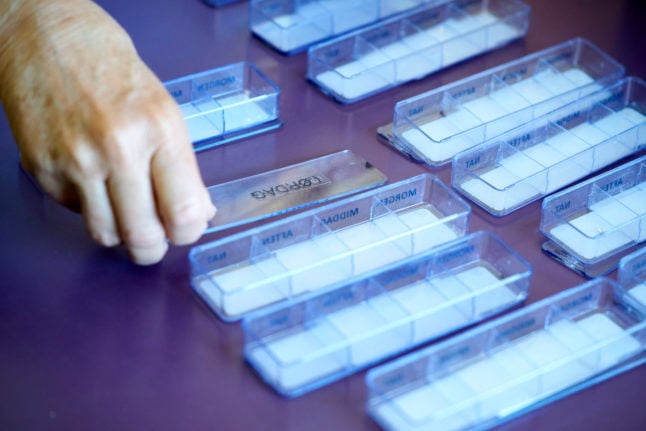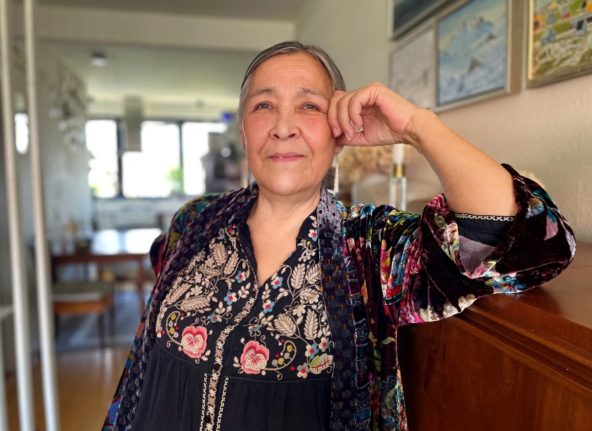The medicines authority said on Monday that persons using the antibiotic medicine Dicillin, produced by Sandoz, should return it to pharmacies to be replaced.
That came after multi-resistant bacteria known as CPO were detected in nine cases in patients who have taken the antibiotic.
The nine cases were detected over a four-month period.
READ ALSO: Danish medicines authority recalls antibiotic used by 35,000 people
The researcher who detected the issue with the antibiotic said in an interview with news wire Ritzau that he was very surprised when it first became apparent.
“We couldn’t believe it. What we had feared was actually the case,” senior physician and professor Ulrik Stenz Justesen of Odense University Hospital’s clinical microbiology department told Ritzau.
“I’ve been in this game for quite a few years now and I’ve never experienced anything like this before,” he said.
Around 35,000 people in Denmark were prescribed the antibiotic between September and December last year, according to the Danish Patient Data Authority (Sundhedsdatastyrelsen).
The actual number of people who are using the medicine could be larger than this because it may have been sold after that period, Ritzau writes.
Multi-resistant bacteria are resistant to treatment with several types of antibiotic.
CPO or carbapenemase-producing organisms are a group of bacteria that are resistant to several different types of antibiotics. They can be difficult to treat, according to information from the Danish Health Authority.
The risk of becoming seriously ill due to CPO is low for a healthy person, but people who are already ill or vulnerable can be at increased risk.
Infection with multiresistant bacteria can also mean all future hospital treatments for the affected person must be given in isolated rooms, so the bacteria are not passed on to other patients.
That could have serious consequences at Danish hospitals where capacity is already under strain, according to Justesen.
“That would increase the strain on a health system that is already severely strained,” he said.
Medicines of this type are produced under highly controlled conditions, which makes the discovery even more extraordinary, he explained.
“We don’t study medicines daily to see whether there are bacteria in them. But this is a bacteria that behaves so strangely that we immediately notice it,” he said.
Although the detection of the bacteria is concerning, the professor in microbiology said finding it was also reassuring in some way.
“We were also relieved that we could do something about it and get it stopped so we didn’t have to look around for many months for a source and know it was spreading in the community,” he said.
Manufacturer Sandoz has recalled all Dicillin packets and patients have been advised to return it to pharmacies to be replaced. Patients do not need to obtain a new prescription from their doctor.
“It’s important that you don’t stop your treatment if you are taking antibiotics. So patients to take 500mg Dicillin from Sandoz should go to their pharmacy to get a different, equivalent preparation,” the Danish Medicines Agency said in Monday’s statement.



 Please whitelist us to continue reading.
Please whitelist us to continue reading.
Member comments